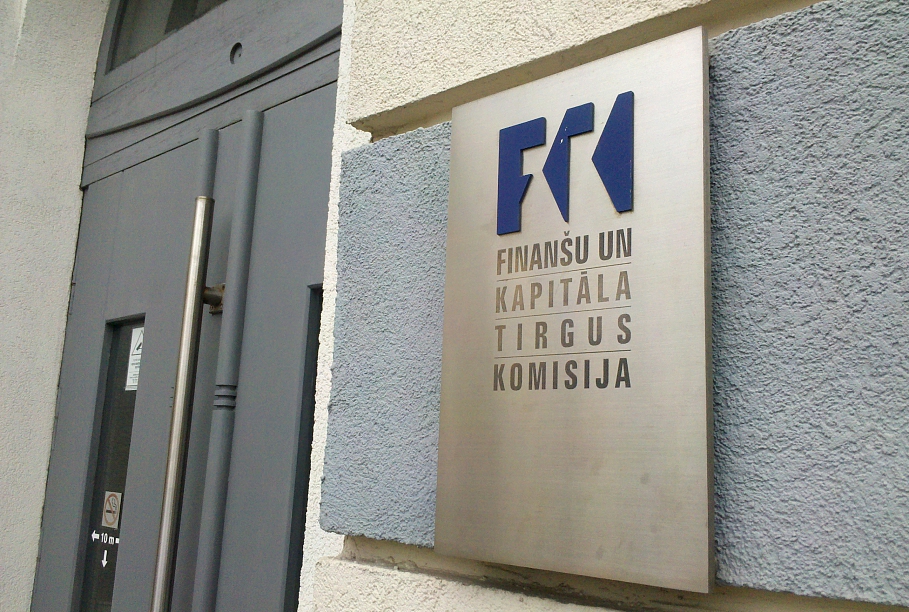According to the Latvian banking regulator, non-resident deposits accounted for 32.5 percent of total deposits at Latvian banks at the end of March 2018, marking a substantial change from just a few years ago when non-resident deposits outweighed local deposits.
The share of non-resident deposits in Latvia was 39.7 percent at the end of 2017, 42.8 percent at the end of 2016, 53.4 percent at the end of 2015, 51.7 percent at the end of 2014, 47.3 percent at the end of 2013, 48.9 percent at the end of 2012, 47.2 percent at the end of 2011 and 41.6 percent at the end of 2010.
The amount of non-resident personal deposits at Latvian banks has decreased by 15.4 percent or EUR 298.974 million during the first quarter of 2018 to EUR 1.64 billion at the end of March.
The amount of non-resident corporate deposits fell 31.7 percent or EUR 1.755 billion to EUR 3.781 billion - most likely as a direct result of new rules preventing Latvian banks doing business with overseas shell companies in a concerted effort to crack down on fraudulent money-laundering schemes that have long been associated with the non-resident sector.
Most of the non-resident deposits (84.1 percent) were demand deposits totaling EUR 4.936 billion at the end of March 2018. At the end of 2017, demand deposits made up 89.2 percent of non-resident deposits in Latvia.
At the end of March this year, majority on the non-resident deposits in Latvia were in euros (63.9 percent against 42.5 percent at the end of 2017) and U.S. dollars (31.4 percent against 53.4 percent at the end of 2017).
The amount of resident deposits held by Latvian banks did not change much in the first quarter of this year and stood at EUR 12.214 billion at the end of March, which is equal to 67.5 percent of total deposits.
Latvia is scrambling to show it is serious about cleaning up its banks after the United States announced swingeing sanctions against ABLV bank in mid-February that forced the bank into liquidation.
A series of money-laundering scandals involving boutique banks over more than a decade produced only a limited response from the Latvian authorities, but the action taken by the U.S. has kick-started a shake-up and what amounts to a race against the clock to sort out the sector or see Latvian banks given pariah status in a forthcoming Moneyval report, with serious knock-on effects for the economy as a whole.






























